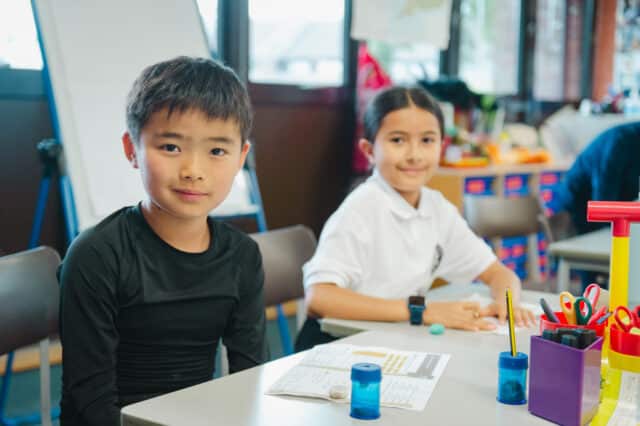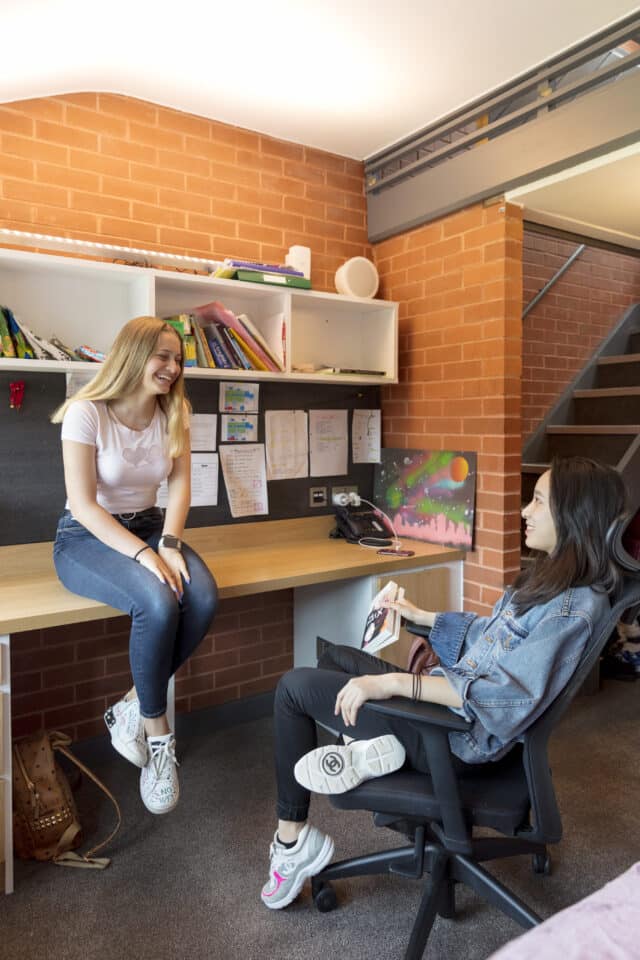06/05/2020
5 ways COVID-19 has helped children build resilience
In an article for The Telegraph, published on Thursday 30 April, Anneke Theron, ACS International School Cobham’s Lower School Counsellor, discussed the impact the enforced lockdown is having on the youngest members of our school community.
In the piece, Anneke highlights that, during this pandemic, children will, undoubtedly, be aware of what is happening, and she argues that, at times like these, ensuring children have coping mechanisms, such as resilience, within their arsenal to deal with these life changes has never more essential.
Building resilience centres on a philosophy that empowers children to talk about their feelings and problem solve, rather than always being given the answers. It’s important that children learn to deal with difficult situations or feelings, rather than adults protecting them. At ACS International Schools we believe we have a responsibility to build and enhance students’ resilience in practical, accessible ways – no matter what their age.
With our younger students, for example, we explore ‘bounce-ability’ by bouncing different balls off the floor – a ping pong ball, a tennis ball and a clay ball – and align this to the different levels of effort required to bounce back, just as people bounce back from difficult life experiences. This serves as a good analogy – we are all different and all have different levels of ‘bounce-ability’. Students can see that different balls have to work harder to bounce back and that different people have different levels of resilience. The important message to children is that perseverance and resilience can improve with exposure and effort and that we all can become stronger.
In the Telegraph article, Anneke writes that ultimately, challenges only increase as we get older and so, we need to develop key life skills, like resilience, at a young age, to help guide us through these challenges.
The enforced lockdown has provided many opportunities for children to build resilience which Anneke describes, including:
1) increased responsibility as children can take on more chores around the house
2) learning to take educated risks with the opportunity to explore the outdoors with parents
3) greater patience, when needs cannot always be met instantly
4) better problem solving skills, with support from family members
5) development of empathy and appreciation, as children learn to understand what other people might be going through at this difficult time.
The ability to cope with change and tough situations will certainly stand children in good stead for the future. Change is a part of life and we will all deal with it in our own way; at ACS we champion the belief that by building resilience from a young age, we can positively impact how children adapt to whatever adversities they may face in their futures.






